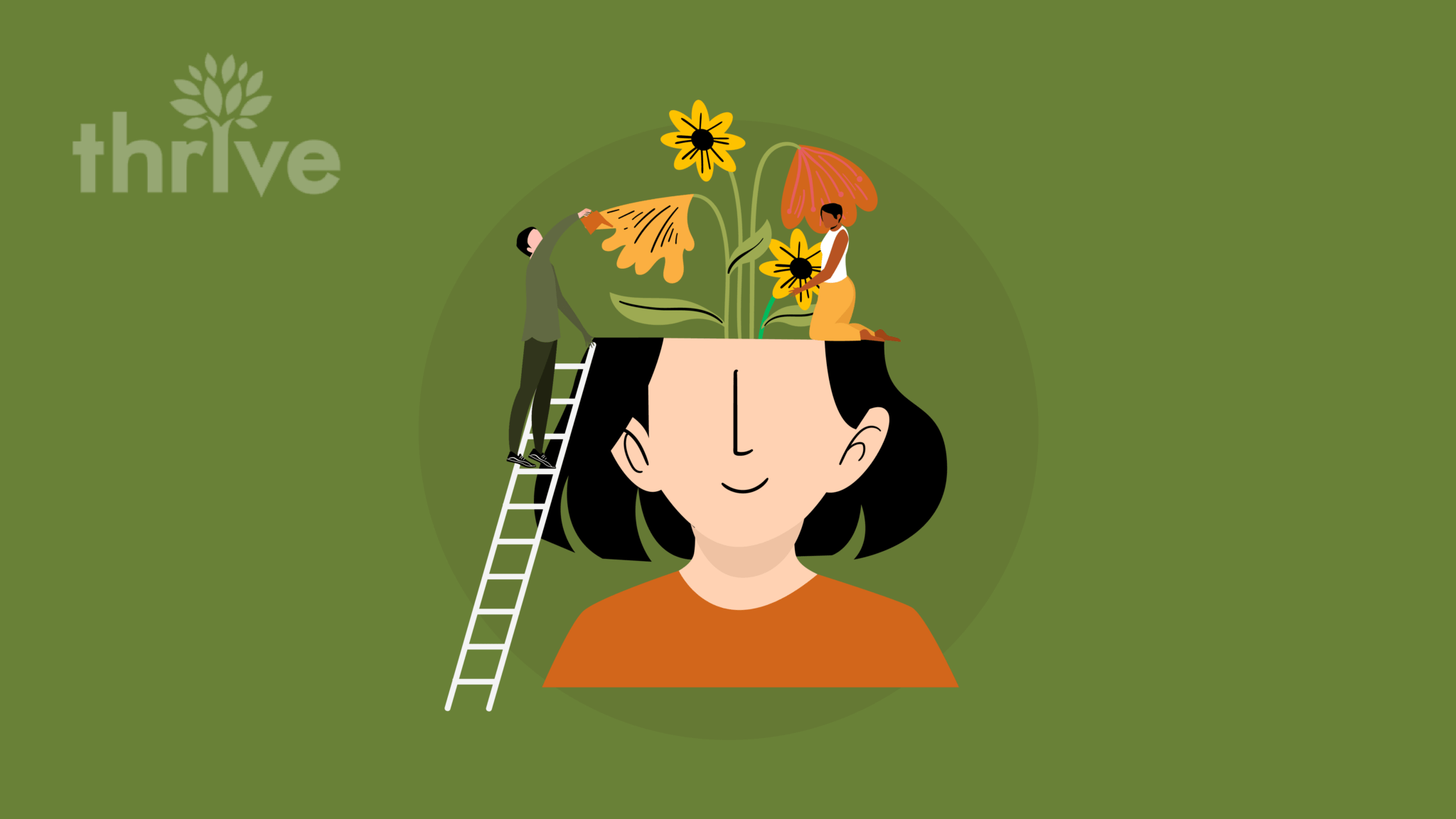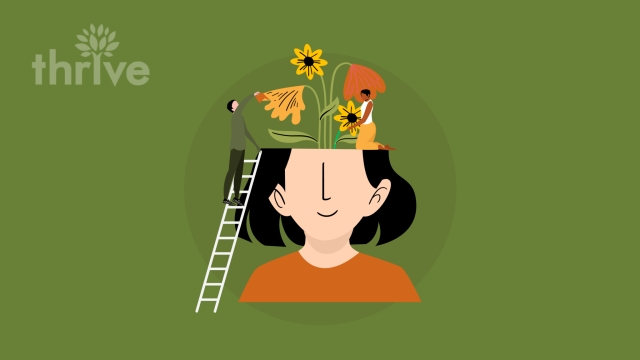
In today’s world where the pressures and complexities of daily living can take a toll on our mental and emotional well-being, finding the path to healing is paramount. Dealing with issues of depression and addiction can be overwhelming and often feel like an isolating journey. However, seeking help through counseling and therapy offers a pivotal route towards managing these challenges and reclaiming a sense of control over one’s life. It’s important to acknowledge the courage it takes to confront these issues head-on and the strength found in reaching out for support.
Types of Counseling for Dual Diagnosis
Dual diagnosis is a complex issue that requires specialized approaches to treatment. Counseling for individuals facing both depression and addiction can take various forms, including cognitive-behavioral therapy (CBT), dialectical behavior therapy (DBT), and motivational interviewing. These types of counseling aim to address the interconnected nature of mental health and substance use disorders.
CBT is a widely used form of counseling that helps individuals recognize negative thought patterns and develop healthier coping strategies. By targeting distorted thinking and maladaptive behaviors, CBT can assist those with dual diagnosis in managing their symptoms and reducing the risk of relapse. It provides practical tools to challenge destructive beliefs and build resilience against triggers.
DBT is another effective approach for individuals struggling with dual diagnosis. This form of counseling focuses on building emotional regulation skills, interpersonal effectiveness, and distress tolerance. By teaching individuals how to navigate intense emotions without turning to substances for relief, DBT equips them with valuable tools for managing both their depression symptoms and addictive behaviors.
Benefits of Integrative Therapy
In integrative therapy, the focus is on treating the whole person rather than just symptoms. By incorporating a variety of therapeutic approaches, individuals can address both their emotional and physical needs in a holistic manner.
This approach can be particularly effective for individuals struggling with co-occurring depression and addiction issues. Integrative therapy allows for a personalized treatment plan that takes into account the unique challenges and experiences of each individual, leading to more comprehensive and lasting healing.
Furthermore, integrative therapy encourages self-awareness and personal growth by empowering individuals to explore their thoughts, emotions, and behaviors in a safe and supportive environment. This self-exploration can help individuals gain insight into the root causes of their struggles and develop healthier coping mechanisms for long-term recovery.
Adolescent
Overcoming Barriers to Treatment
It’s common to feel apprehensive about starting counseling or therapy for depression and addiction. Many people may hesitate due to concerns about the cost of treatment, the stigma surrounding mental health issues, or simply feeling overwhelmed by the idea of discussing deeply personal challenges with a stranger.
One way to address these barriers is by seeking out low-cost or sliding-scale counseling options in your community. Many non-profit organizations, community centers, and universities offer counseling services at reduced rates or on a flexible payment plan basis. Additionally, some therapists may offer online sessions, which can be more convenient and affordable for those with busy schedules or limited transportation options.
Remember that seeking help is a sign of strength, not weakness. It’s important to challenge the stigma around mental health and understand that professional support can make a significant difference in your journey towards healing. By taking that initial step towards counseling or therapy, you are prioritizing your well-being and taking proactive steps to address your struggles with depression and addiction.


